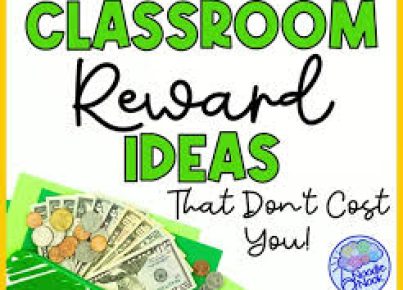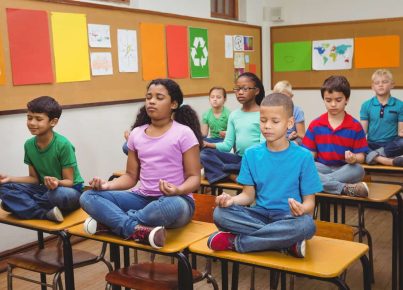In today’s rapidly evolving world, it is crucial for students to have access to a wide range of nonfiction resources in their school libraries. Nonfiction books serve as a valuable tool that teaches them about various topics and expands their knowledge beyond the confines of the classroom. Listed below are five kinds of nonfiction every school should have in its library.
1. Biographies and Autobiographies
Biographies and autobiographies are vital for students to learn about the lives of prominent figures from various fields such as science, politics, arts, and sports. These books provide first-hand accounts or well-researched stories of the accomplishments, hardships, and personal lives of such individuals. They not only educate students about historical events but also serve as sources of inspiration.
2. Science Books
Scientific literacy is crucial for today’s students to understand and adapt to the numerous technological advancements around them. Science books that delve into topics like biology, physics, chemistry, geology, astronomy, and more enable students to grasp essential fundamental concepts while sparking their curiosity for further exploration and research.
3. History Books
History books are indispensable resources for students to comprehend the events that have shaped the world we live in today. Schools must have an extensive collection of history books covering different periods and areas worldwide – from ancient civilizations to modern-day politics and wars. Understanding these historical events allows students to gain a broader perspective on cultural diversity and human decision-making throughout time.
4. Reference Books
Reference books such as encyclopedias, dictionaries, atlases, and almanacs are essential tools that help students embark on research projects or find quick answers to their questions. Providing access to updated reference materials allows them to develop essential research skills and gain accurate information across various academic disciplines.
5. Social Issues and Cultural Studies
Books that address social issues and cultural studies enable students to explore different perspectives on topics like race, gender, environment, poverty, and more. Schools should have inclusive and diverse collections in this genre, allowing learners to appreciate different viewpoints and develop critical thinking skills while fostering empathy and respect for others’ experiences.
In conclusion, every school library should be equipped with these five types of nonfiction resources to holistically develop students’ skills and provide them with a broader understanding of the world. By offering diverse and well-rounded nonfiction collections, schools can instill both knowledge and curiosity in the minds of young learners.




